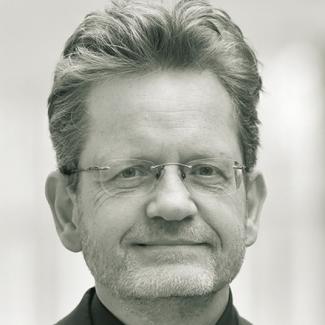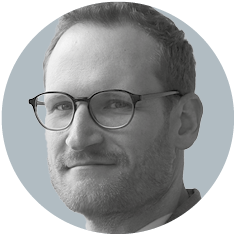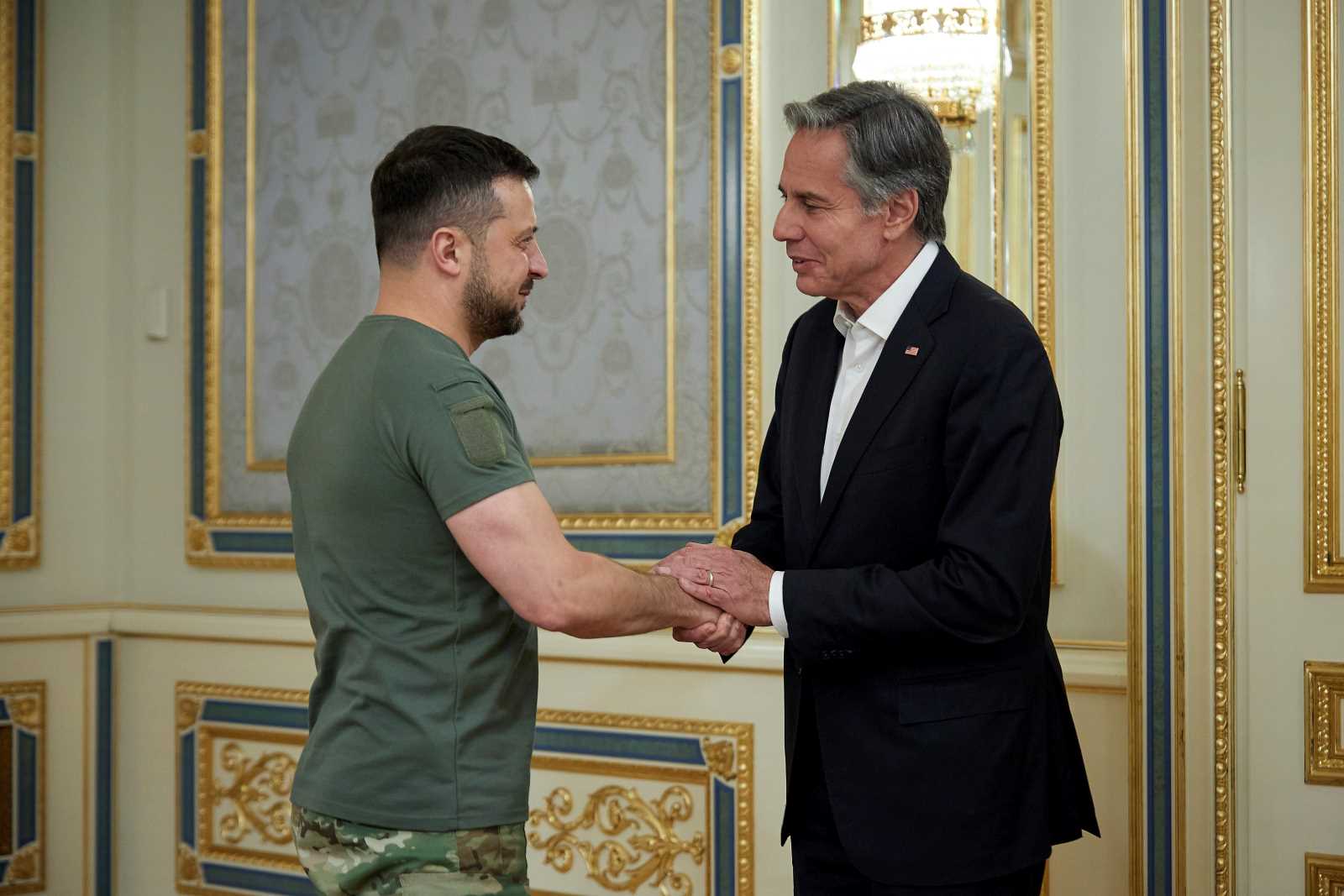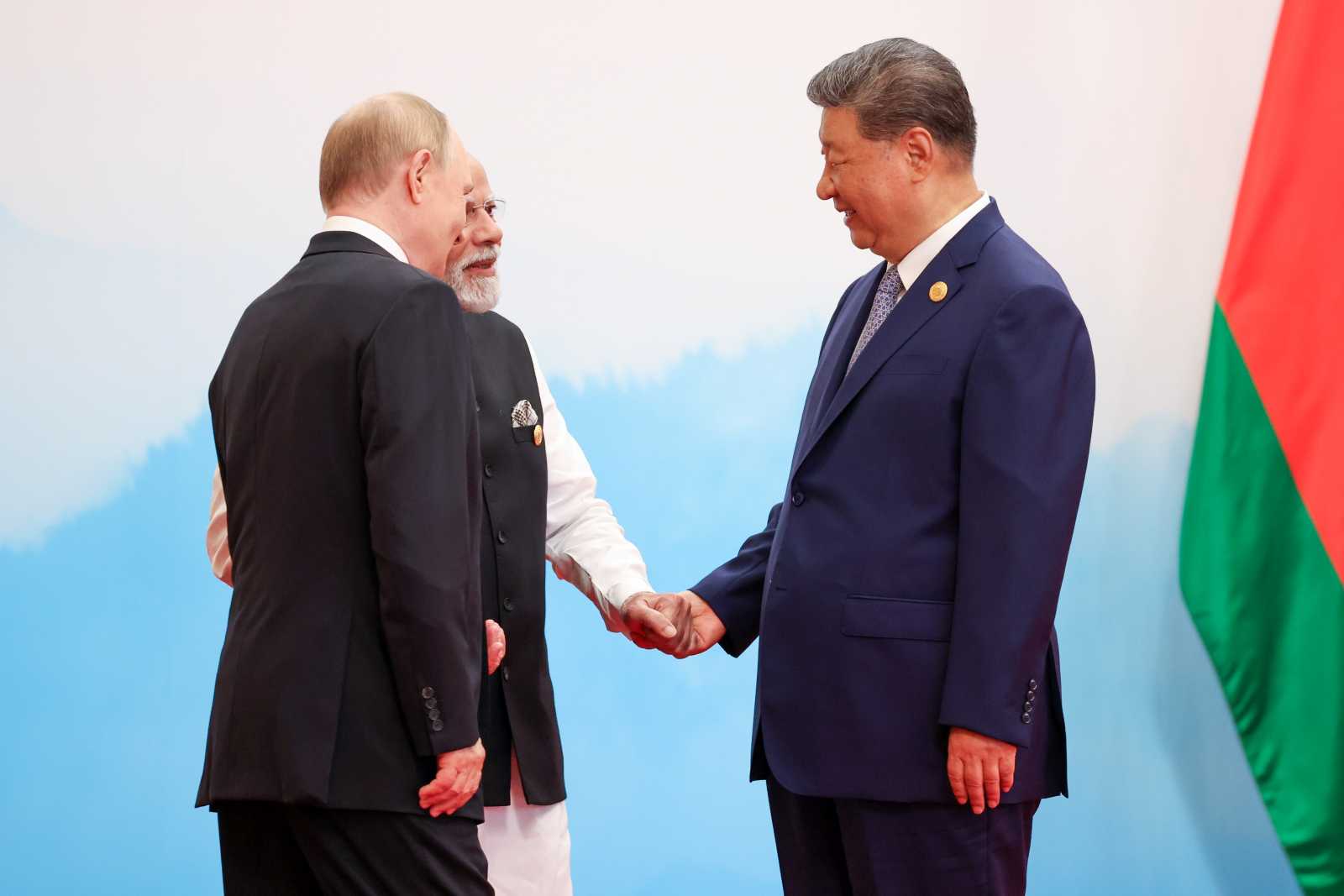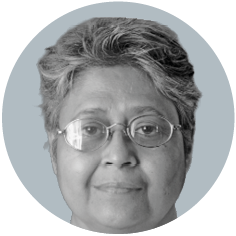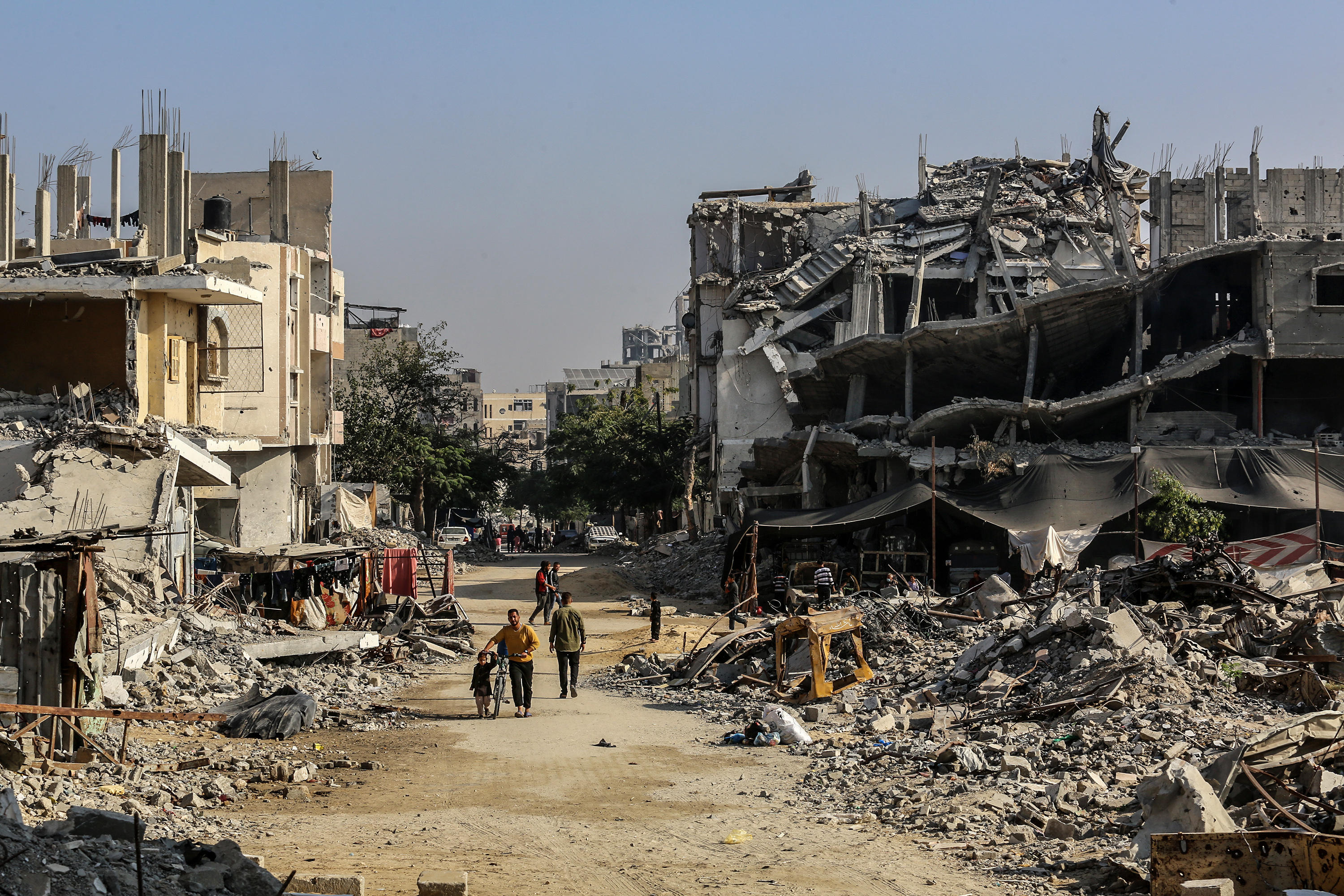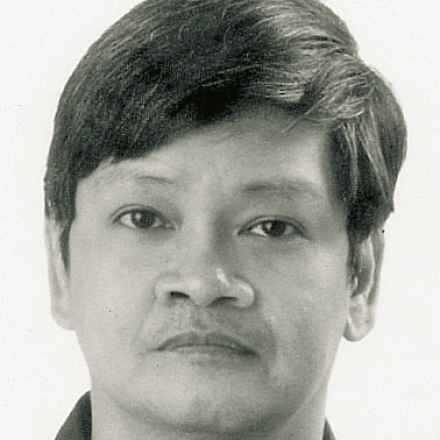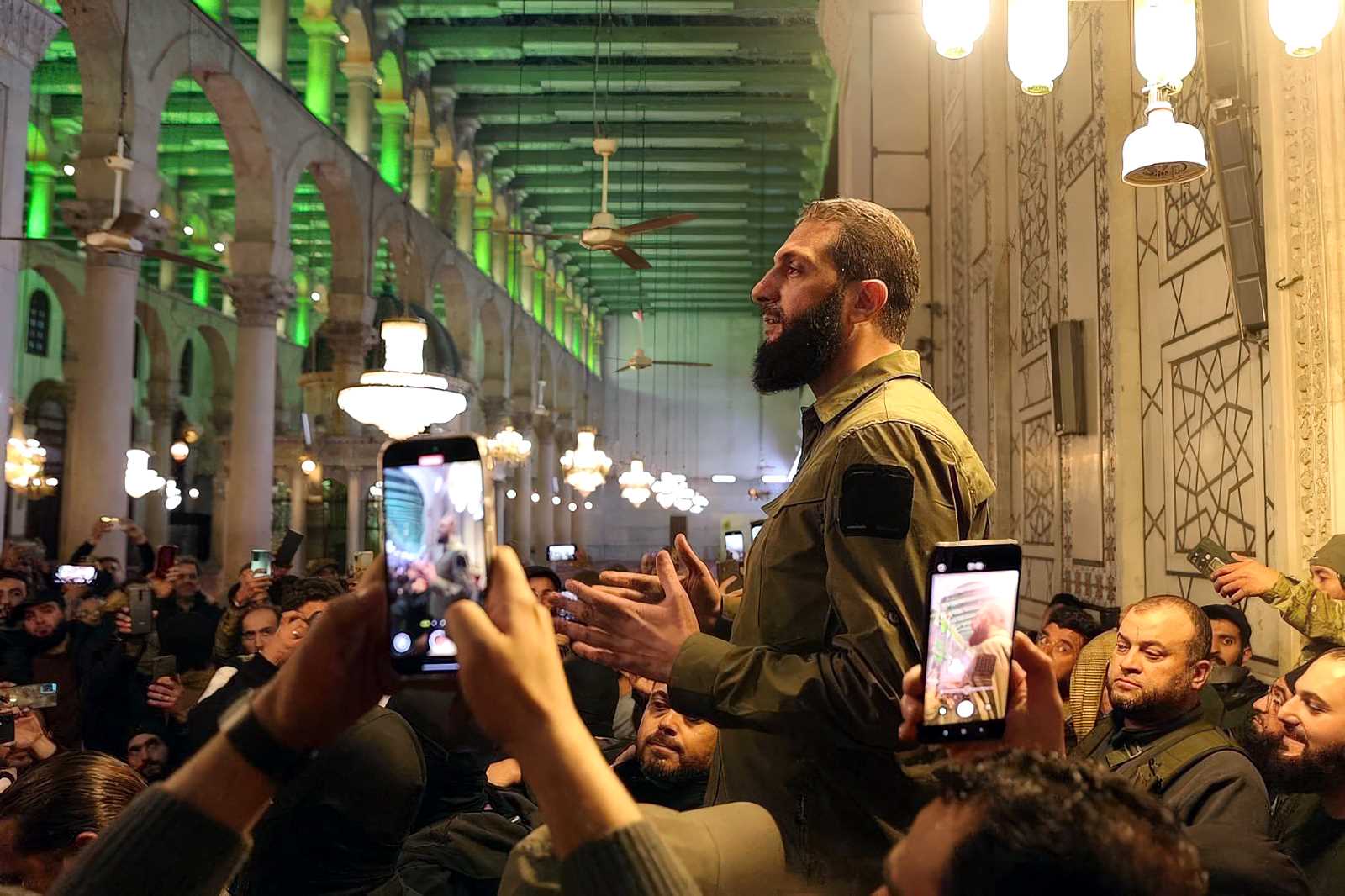International law
Too many inconsistencies in western policy
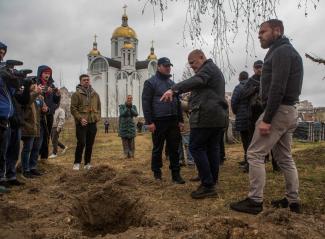
The ICC’s arrest warrant against Putin is based on allegations of deporting Ukrainian children to Russia. Why is Putin being prosecuted for this crime, and not, for instance, for the invasion of Ukraine?
The ICC has no jurisdiction regarding the crime of aggression. For that to be the case, both the country where the crime was committed, Ukraine, and the country which committed the crime, Russia, would have to be state parties to the ICC. The UN Security Council could also authorise prosecution, but Russia would obviously veto such a decision.
How is the case of the abduction allegations different?
Ukraine accepted the jurisdiction of the ICC on an ad hoc basis and this is valid for other international crimes, including this war crime. The prosecution probably chose this specific allegation because there is solid evidence. From a strictly legal standpoint, the ICC’s Office of the Prosecutor (OTP) must investigate when it has sufficient evidence that a crime within the jurisdiction of the Court has been committed, regardless of the status of the suspect or the chances of an arrest. Investigators from the OTP then carry out their own inquiries independently. The OTP does not rely on evidence collected by others because doing so would call its impartiality into question.
What are the implications of the arrest warrant against Putin? In August, he did not attend the BRICS summit because he feared arrest.
Putin has to expect that he will be arrested, at least if he travels to a state party to the ICC. That includes South Africa. There is also a certain risk that other states might cooperate with the ICC on an ad hoc basis. One can only speculate what effect the warrant will have, if any, on the war in Ukraine.
What are the chances that the ICC will be able to effectively deal with the crimes committed in the Ukraine war?
First and foremost, investigators must have access to the areas where crimes were committed. In this regard, the situation in Ukraine is better than in some African countries. In South Sudan or the Democratic Republic of the Congo, it is much more difficult to even get into the country at all, let alone the concrete crime sites. In Ukraine, investigators have access to a significant number of crime sites and also to a lot of evidence. During an armed conflict like this, many potential crimes take place. It is crucial to select cases and prioritise carefully.
How do the investigators work?
They talk to witnesses and forensically secure the crime sites. For example, they can have bodies exhumed to determine whether executions took place. Digital evidence, moreover, is becoming increasingly important. It includes satellite images or evidence from social media. Compiling all relevant information is a major challenge.
The Kremlin has announced that it will not cooperate with the ICC. What developments should we expect next?
First of all, one must wait whether the arrest warrant against Putin will be executed. Of course, enforcement is a problem in international law generally. Meanwhile, the OTP will continue its investigation, including into other crimes. It might issue another arrest warrant soon, either against Putin or someone else.
Could Putin be tried in absentia?
No, there is no trial in absentia before the ICC. The defendant must be in The Hague, at least for the main proceedings. In the past, however, opportunities to make arrests certainly arose unexpectedly, for instance in the case of Slobodan Milošević and Radovan Karadžić, who were charged in connection with the war in the former Yugoslavia. So it is difficult to predict what will happen next.
In the past, African governments have often accused the ICC of racism. They alleged that the Court primarily prosecuted African perpetrators and paid insufficient attention to potential crimes committed during the Iraq War, for example.
Such criticism was made years ago. It can now be considered to have been put to rest. The concern had to be taken seriously, but it wasn’t justified even at the time. After all, African countries themselves referred the first cases to the ICC. And with regard to its personnel, the ICC has always had strong African participation. For example, its previous head prosecutor, Fatou Bensouda, was from The Gambia, and its previous president, Chile Eboe-Osuji, was from Nigeria. Apart from that, African governments do not always speak for civil society, and civil society is an important source of support for the ICC.
That said, I currently have the impression that representatives of African states are surprised at the extent to which the West and the ICC have become active in Ukraine. Obviously, both the perpetrators and the victims are white. The new criticism is that, in contrast to Ukraine, too little is being done in response to African conflicts. In fact, there has never been so much support for a situation at the ICC as now with regard to Ukraine, and this raises criticism, not only in African countries.
However, this is not primarily an ICC issue. It marks the entire debate on the Ukraine war. African governments are pursuing their own interests, which include commodities imports and military support from Russia.
Many influential countries have not joined the ICC, including the USA, China and India. What does that mean for the quest for a so-called rules-based world order?
The “rules-based world order” is a western notion, and a questionable one. The key question is: What rules are we talking about? Do we mean universally applicable human rights? Or do we talk about the fair distribution of wealth and welfare, in other words about a more just world economic order? In this regard, poorer countries’ interests differ from those of rich ones. Furthermore, the allegation has been made that the so-called West does not adhere to its own rules. African governments perceive western double standards and rightly so. Also, we must not, forget that current international law has colonial roots and is only emerging from that legacy slowly.
If one advocates for a rules-based world order, especially in a world power like the USA which unfortunately often breaks these rules, your narrative will not necessarily be well received in countries that are victims of these rules-violations and double standards, whether in Africa, Latin America or Asia. We need rules of course, and the prohibition of the use of force – so blatantly violated by Russia – is arguably the most important one. Yet, every state, including the major powers, must adhere to these rules. Unfortunately, this is not the case as far as western countries, led by the USA, are concerned. Their policies are riddled with inconsistencies and contradictions. Of course, there are also so-called “realists”, who argue that only interests matter in international relations, while we only pay lip service to values.
What does that mean with regard to the ICC?
On the one hand, the court is supported by western governments, including all EU members, Australia, Canada, Switzerland and others. But the leading western power, the USA, is not a state party. It also behaves inconsistently. The administrations of George W. Bush and especially Donald Trump severely attacked the ICC and sanctioned some of its leading officials. The chief prosecutor at the time, Fatou Bensouda, was even barred to enter the USA to participate in UN meetings in New York once the Afghanistan investigation had started. That both Republicans and Democrats are now speaking more positively about the ICC, does not necessarily mean that they appreciate the court, but rather that they are driven by anti-Russian resentment. To them, the ICC currently looks like a helpful tool to use against a geopolitical archrival. With regard to other investigations, such as those concerning possible Israeli crimes in the occupied Palestinian territories, the United States’ fundamentally critical stance has not changed.
So you demand more consistency?
Yes, absolutely. A country like the USA, which sees itself as the leader of a value-based western world, should join the ICC and support it unconditionally. Of course, this is an idealistic demand. But the existing inconsistencies, including within NATO, are untenable: German, British or French soldiers serving in international peacekeeping missions are under the ICC’s jurisdiction – but not the US troops serving alongside them.
Reference
Ambos, K., 2022: Ukraine and the Double Standards of the West. Journal of International Criminal Justice, Volume 20, Issue 4, September 2022, Pages 875–892.
https://doi.org/10.1093/jicj/mqac041
Kai Ambos is a professor of criminal and international law at the University of Göttingen and a judge at the Kosovo Special Tribunal in The Hague.
kambos@gwdg.de
